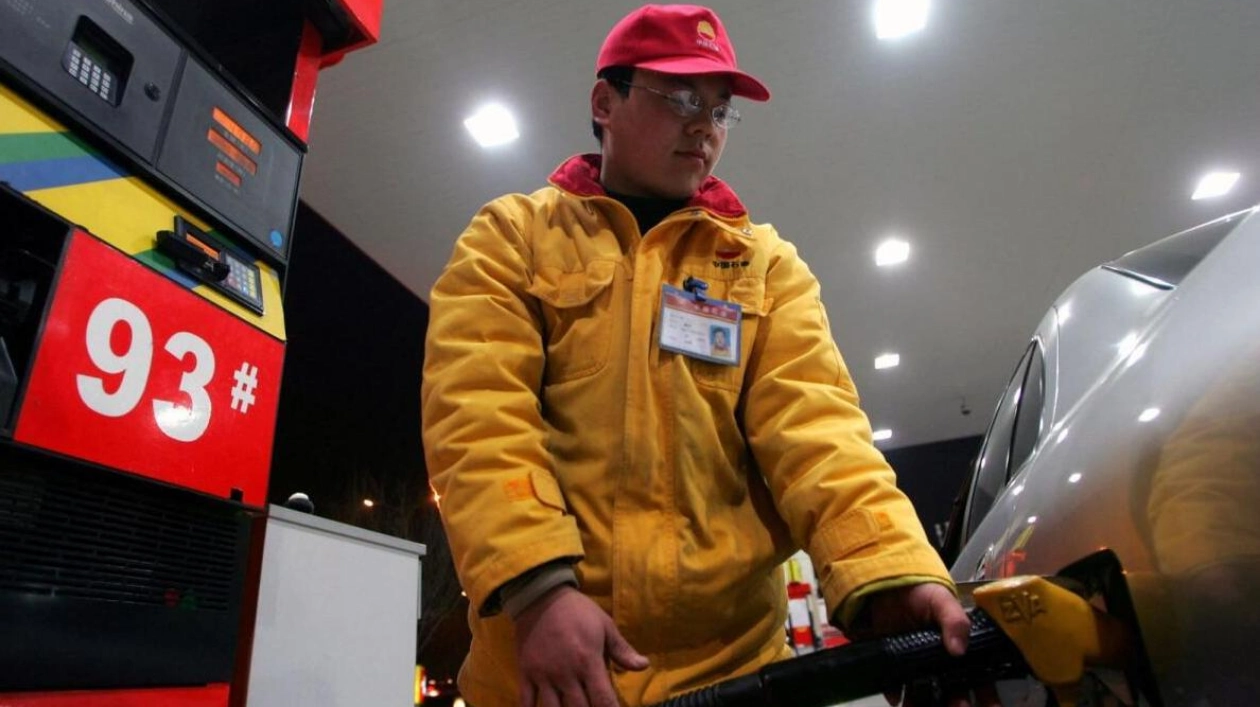A Chinese attendant pumps petrol into a car at a petrol station in Beijing. — Reuters file
China's oil demand growth is anticipated to stay sluggish in 2025, despite recent stimulus efforts from Beijing, as the world's second-largest economy continues to electrify its vehicle fleet and grows at a more moderate pace, according to the head of the International Energy Agency (IEA). China, which has contributed more than 60% of global oil demand growth over the past decade when its economy expanded at an average rate of 6.1%, is now decelerating, IEA Executive Director Fatih Birol told Reuters on the sidelines of the Singapore International Energy Week conference.
"The Chinese economy, growing at around 4% or so, implies that China will require less and less energy," Birol stated, noting that demand for electric vehicles, which have become cost-competitive with traditional cars, will continue to rise. "The impact of the stimulus measures has not been as substantial as some market observers had anticipated," Birol said, referring to recent fiscal announcements by Beijing aimed at boosting economic growth. "Its effects are still limited. And as things stand, it will be challenging to see a significant increase in Chinese oil demand."
Global oil prices have been fluctuating around $70 a barrel after dropping more than seven percent last week, despite escalating geopolitical tensions in the Middle East. "One of the reasons for the muted reaction in oil prices is the weak demand this year and the expectation that it will remain weak next year," Birol noted, adding that Chinese oil demand would have been stagnant this year if not for petrochemicals. Another factor restraining oil prices is the increase in supply from non-OPEC producers—the US, Canada, Brazil, and Guyana—which is outpacing global oil demand growth, he explained.
When asked if he expects the Organization of the Petroleum Exporting Countries and their allies, known as OPEC+, to lift production cuts in 2025, Birol stated that it is up to OPEC to make that decision. "What I foresee is that there will be a surplus of oil in the markets next year if there are no major shifts in the geopolitical landscape," he said.
Source link: https://www.khaleejtimes.com






